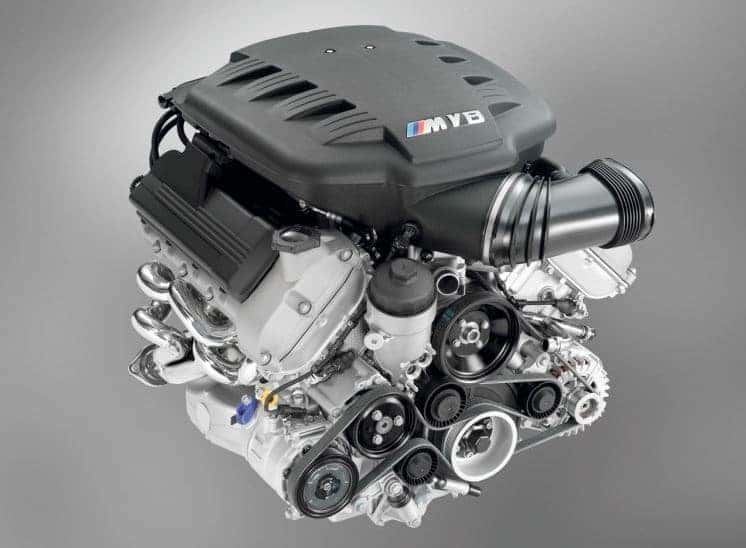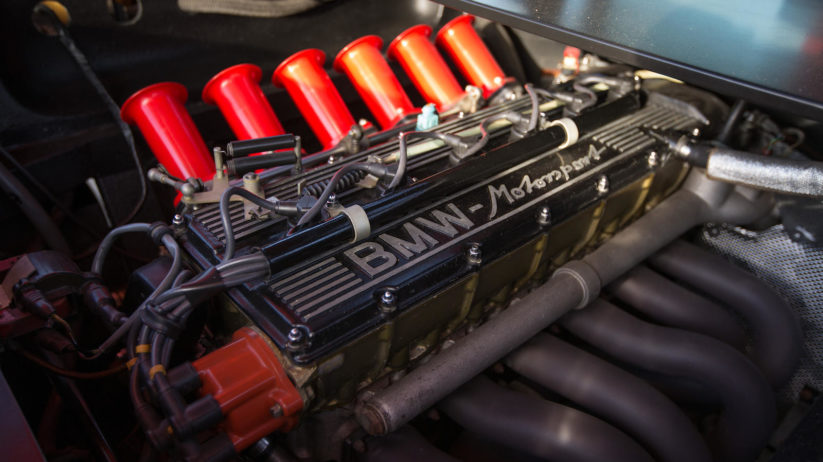Just how to Keep Your BMW Engine for Optimum Efficiency and Longevity
Just how to Keep Your BMW Engine for Optimum Efficiency and Longevity
Blog Article
Introducing the Intricacies of Next-Generation Power Units: a Deep Dive Into Advanced Engine Designs and Technologies
As we stand on the precipice of a new age in transport, the details of next-generation engine styles beckon us to discover the advanced technologies and advancements that assure to redefine the driving experience. Delving deeper right into the worlds of emission control, smart engine management systems, and the horizon of power system growth, we locate ourselves on the cusp of a makeover that guarantees to reshape the landscape of movement as we know it.
Advancement of Engine Products

The change in the direction of progressed engine materials has actually also enabled designers to create engines with greater power results while maintaining fuel effectiveness requirements. As an example, the usage of light-weight materials minimizes the general weight of the engine, leading to enhanced gas economy and lower discharges. Furthermore, advancements in products modern technology have allowed for better thermal administration within engines, leading to increased reliability and long life.
Turbocharging and Supercharging Technologies
Exactly How do Turbocharging and Supercharging Technologies change engine performance and effectiveness in contemporary vehicles? Supercharging and turbocharging are modern technologies that significantly enhance engine efficiency by increasing the quantity of air consumption into the burning chamber. Turbocharging accomplishes this by using a wind turbine driven by exhaust gases to pressurize the consumption air, while turbo charging utilizes a belt- or chain-driven compressor to accomplish the exact same impact.
These technologies enable smaller, a lot more fuel-efficient engines to generate power equal to larger ones, called downsizing. Forcibly even more air into the cyndrical tubes, turbocharging and supercharging enhance combustion performance, resulting in increased horse power and torque output without a significant rise in engine size. This results in far better acceleration, lugging capability, and total driving efficiency.
In addition, supercharging and turbocharging contribute to improved gas performance by permitting the use of smaller sized engines that take in much less gas under regular driving conditions - bmw engine. This combination of improved efficiency and efficiency has made turbocharging and turbo charging essential parts of many modern-day engine layouts
Discharge Control and Environmental Impact
With enhancing worldwide concerns relating to air high quality and ecological sustainability, the execution of emission control modern technologies in vehicles plays a critical role in lowering unsafe contaminants launched right into the environment. Modern see page cars are equipped with innovative emission control systems that assist decrease the ecological influence of auto operations. Catalytic converters, as an example, are made to convert harmful gases such as carbon monoxide gas, nitrogen oxides, and hydrocarbons right into much less damaging substances like co2 and water vapor.
In addition, developments in engine modern technology, such as the assimilation of exhaust gas recirculation systems and discerning catalytic decrease, have actually substantially added to decreasing emissions. These modern technologies operate in tandem to maximize burning efficiency and decrease the launch of unsafe pollutants into the air. Additionally, the development of hybrid and electric vehicles stands for an important action in the direction of reducing the general environmental impact of the transportation market.
Intelligent Engine Management Systems

Moreover, these systems allow automobiles to satisfy stringent emissions criteria without compromising efficiency, offering a more eco friendly driving experience. The integration of expert system and device learning capabilities in engine monitoring systems remains to push the limits of what is feasible, resulting in more enhancements in performance, reliability, and overall lorry efficiency. bmw engine. As automobile modern technology advances, smart engine administration systems will certainly play an important duty in shaping the future of transportation in the direction of a more efficient and sustainable instructions
Future Trends in Power Device Growth
As smart engine monitoring systems lead the way for enhanced control and optimization in contemporary vehicles, future patterns in power system growth are positioned to redefine the landscape of vehicle propulsion innovations. These alternate power sources provide boosted efficiency and performance while aligning with rigorous environmental policies.
An additional significant pattern is the combination of innovative products and producing methods. Light-weight materials such as carbon fiber and aluminum are being made use of to reduce total lorry weight, improving fuel performance and performance. Furthermore, innovations in 3D printing and additive manufacturing are making it possible for the manufacturing of complicated engine elements with greater accuracy and longevity.
Moreover, expert system and device understanding are playing a vital role in enhancing power system performance. These innovations enable real-time surveillance and flexible control, bring about more trustworthy and reliable power shipment. Overall, visit this site future fads in power unit development are geared in the direction of performance, effectiveness, and sustainability, driving the automotive sector towards a new era of propulsion innovations.

Conclusion
In verdict, the improvements in engine products, turbocharging, exhaust control, and intelligent monitoring systems have actually led the means for next-generation power systems. The detailed designs and innovations in contemporary engines display the continuous development of auto technology.
Checking out the dynamic developments in engine materials has actually been pivotal in enhancing the performance and performance of contemporary engines. Over the years, the advancement of engine materials has actually played a critical function in pressing the borders of what engines can achieve.The change in the direction of progressed engine products has also enabled designers to develop engines with greater power outputs while keeping fuel effectiveness criteria.The application of intelligent engine administration systems in modern-day vehicles has reinvented the method engines are managed and maximized for performance and efficiency. By accumulating information in real-time and examining it with sophisticated formulas, smart engine management systems can adjust to driving styles, ecological aspects, and engine health to make best use of power output while lessening gas usage and exhausts.
Report this page